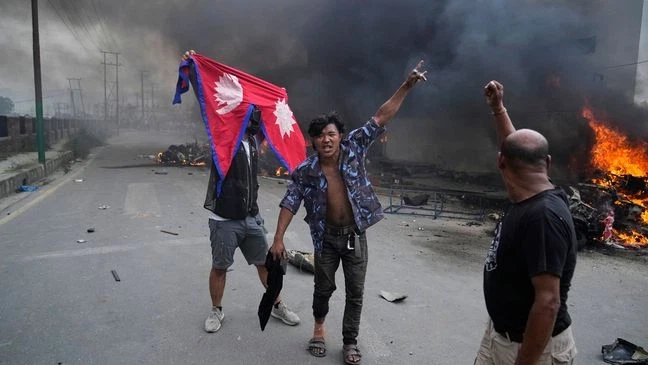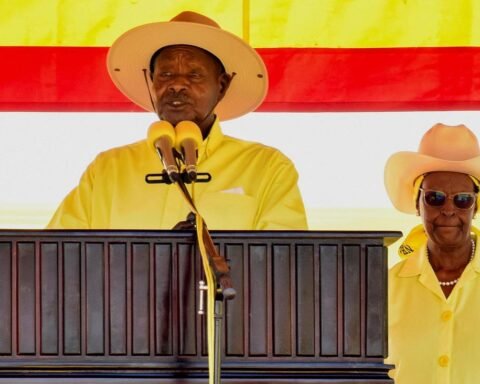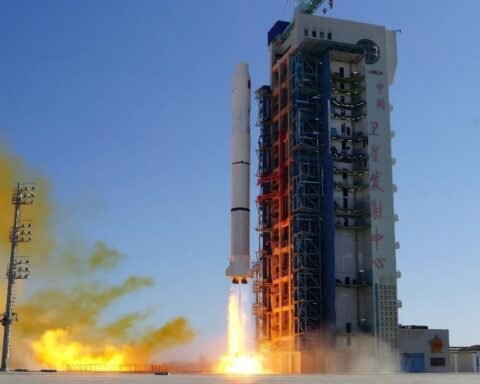Nepal’s Prime Minister, Khadga Prasad Sharma Oli, resigned today after widespread protests erupted across the country, sparked by a government ban on major social media platforms.
The demonstrations, led predominantly by young people, escalated into violent clashes with security forces, resulting in at least 19 deaths and hundreds of injuries.
The unrest began when authorities blocked access to 26 social media sites, including Facebook, X (formerly Twitter), and YouTube, a move widely criticized as an attempt to suppress dissent. Protesters quickly expanded their demands, calling for greater transparency and accountability in government, citing systemic corruption and nepotism as key grievances.
In Kathmandu, demonstrators stormed and set fire to government offices, including symbolic attacks on the parliament building, signaling a widespread rejection of the current administration. Alongside Oli, Home Minister Ramesh Lekhak resigned in response to public pressure.
Analysts say the protests reflect a generational shift in Nepalese politics, with Generation Z using digital platforms to organize, mobilize, and amplify their voices. “The youth have made it clear they will not tolerate corruption or censorship,” one political commentator said.
Also Read; Macron Grapples With Fresh Political Crisis After Bayrou Resigns
The international community has expressed deep concern over both the violence and the broader political instability. Human rights organizations have urged an independent investigation into the deaths of protesters and the excessive use of force by security personnel. Neighboring countries have issued travel advisories, warning citizens to avoid non-essential trips to Nepal.
The resignation of Prime Minister Oli marks a pivotal moment in Nepalese history, highlighting the growing power of youth-led movements and the influence of digital technology in modern political activism. Experts note that social media bans often backfire, galvanizing protests rather than suppressing them, and that governments must address underlying corruption to maintain public trust.
Nepal now faces a transitional period, with citizens demanding structural reforms and a more participatory governance model. The events underscore the evolving role of digital activism globally and the capacity of younger generations to shape political outcomes.







